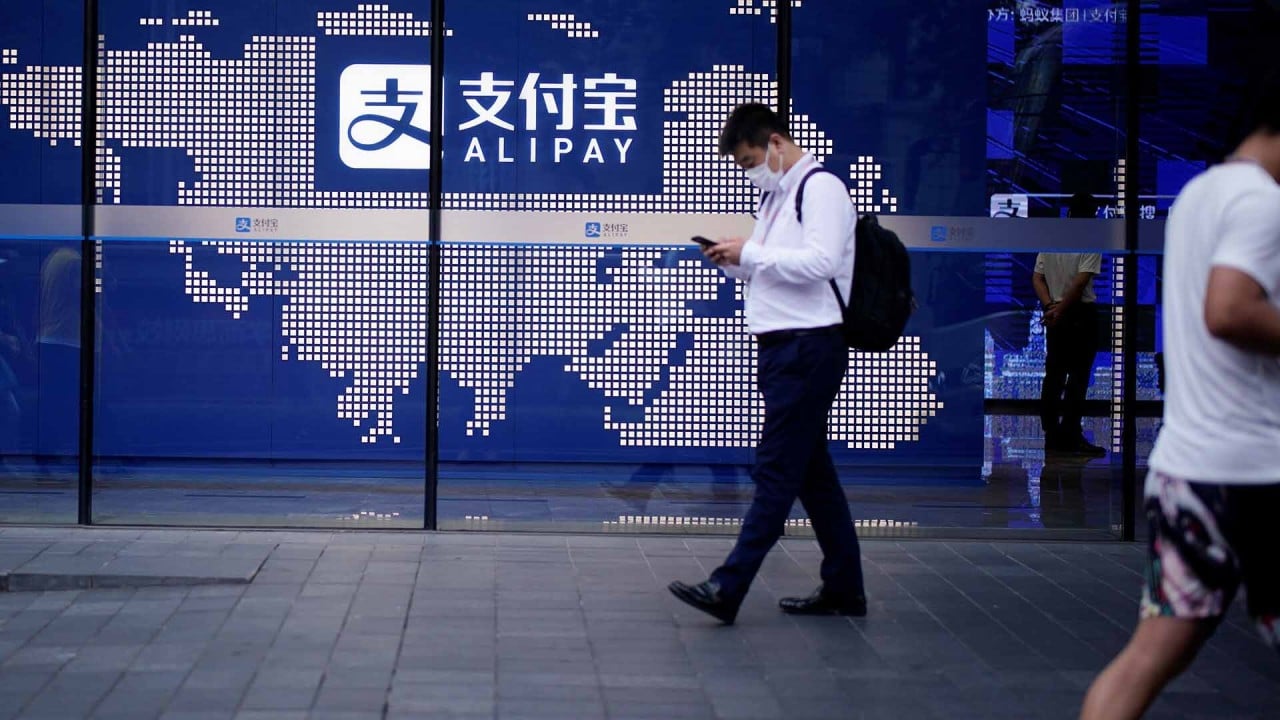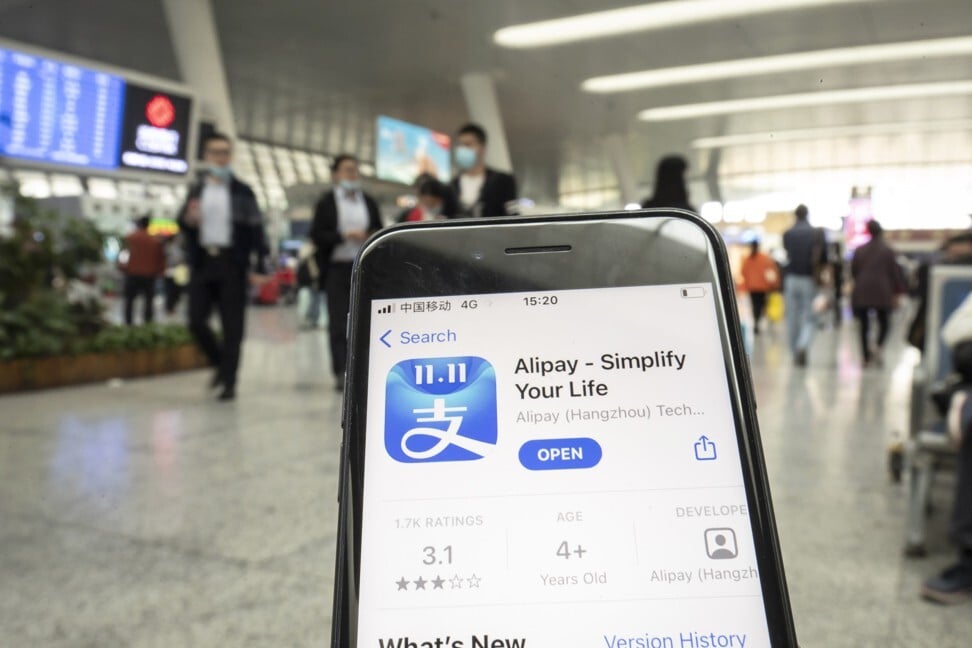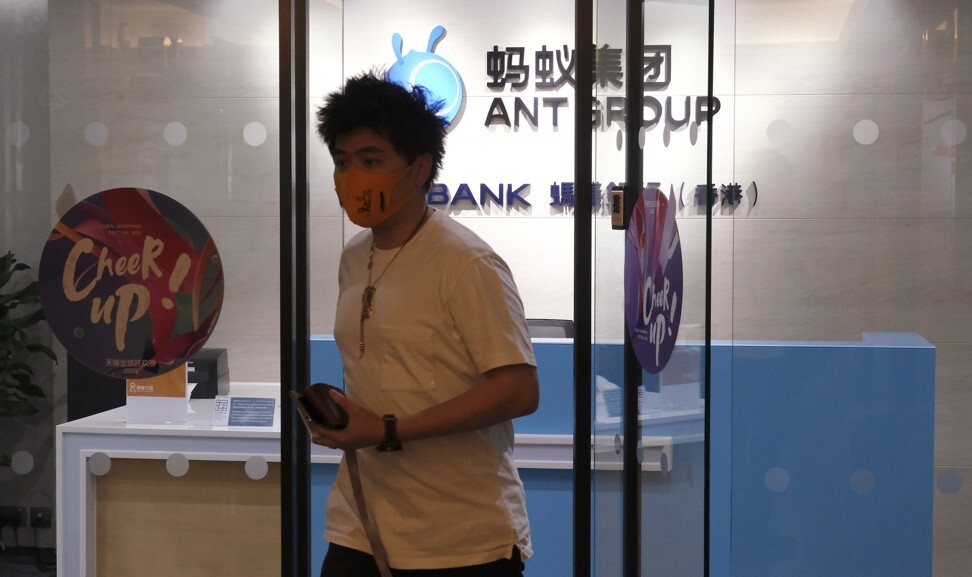
Suspension of Ant Group’s IPO likely to cost investment banks US$400 million in fees
- Two dozen investment banks had been set to receive a fee worth 1 per cent of the offering in Hong Kong
- The deal had been set to shake up the league table for Hong Kong’s equity capital market transactions
The suspension of Ant Group’s debut is likely to cost a cadre of the world’s largest investment banks nearly US$400 million in fees collectively, after Chinese regulators this week called a halt to what was expected to be the world’s biggest initial public offering ever.

03:04
What is Jack Ma’s Ant Group and how does it make money?
“We think the goal of the IPO suspension is to leave more time for Ant to further disclose related impacts of the new regulations on its credit business and valuation,” Chelsey Tam, a senior equity analyst at Morningstar, said in a November 5 research note. “And the regulator needs time to clarify how those detailed rules will be implemented. It is uncertain how Ant is going to restructure its credit business at this stage, though we would expect a depressed valuation for Ant as additional registered capital is added.”

Based on the maximum size of the offering, the underwriters would split a fee worth US$396.7 million – or the equivalent of about a fifth of Goldman Sachs’ investment banking revenue in the third quarter.
By comparison, underwriting banks shared a fee equal to 1.2 per cent of Alibaba’s then-record setting IPO six years ago, worth about US$300 million, and a fee worth 0.25 per cent of the Saudi Aramco transaction last year.
Banks contacted by the Post declined, or did not respond to requests for comment.
As critical as fees are, the notoriety and bragging rights of leading the world’s biggest deal might be just as important to bankers. The deal had been set to shake up the league table for Hong Kong’s equity capital market (ECM) transactions.

The delay was “incrementally negative”, but not necessarily a sign Ant’s business model was “fundamentally broken”, according to Kevin Kwek, an analyst at AllianceBernstein. Ant was likely to have “sufficient time” to transition to any new rules.
“For investors that believe Ant can manage regulators well, this delay will cast some doubt on that,” Kwek said. “Regulatory risks are not insignificant, so weakening this assumption does not bode well for Ant. And taking more on the balance sheet means moving away from the ‘asset-light’ model that goes well with tech valuations, and they resemble” banks a little bit more.

High-profile offerings can bolster the reputations of banks and boost the annual bonuses of rainmakers. Unforeseen risks, such as regulatory challenges or a ratcheting up of geopolitical tensions, can lead to reputational damage and wasted time for key bankers when IPOs fail.
“The worry now is that some sponsors in Hong Kong succumb to temptations to reduce solid due diligence standards, so as to cash in on the opportunities offered by new IPOs in a testing market environment – and that, in doing so, they expose themselves and their directors to harm, and outside investors to steep losses,” said Steve Vickers, chief executive of Steve Vickers and Associates, a political and corporate risk consultancy.
Additional reporting by Alison Tudor-Ackroyd

